Search Results
Showing results 101 to 120 of 151
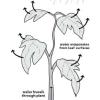
Plant Piping
Source Institutions
Learners build models to learn about the special cells and structures that plants use to move water from their roots up through the stems and leaves.
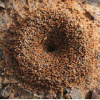
Make Your Own Ant Farm
Source Institutions
In this outdoor/indoor activity, learners collect ants and dirt to create an ant farm in a cup that they can observe over time.
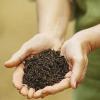
Investigating the Uses of Backyard Bacteria
Source Institutions
The purpose of this lab is to recognize that the answers to some of society's industrial challenges may lie right in our own backyards.
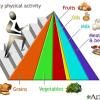
Create a Food Diary
Source Institutions
In this nutrition activity (page 3 of the PDF), learners will record their food consumption for one day, and then evaluate how their actual diet matched up with the recommended diet.
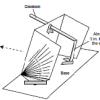
Using a Sundial
Source Institutions
In this activity (on page 12 of the PDF), learners make a sundial (shadow clock) appropriate for their geographic location in the northern hemisphere and use it to tell time.
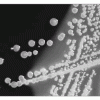
Microbes are Everywhere
Source Institutions
In this four-day activity, learners grow bacteria and/or fungi from a variety of locations and compare the results.

Running on Empty
Source Institutions
In this exercise and nutrition activity, learners will explore how food is the fuel that powers them. They will create a chart to figure out how many calories they burn during recess.
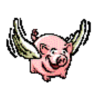
When Pigs Fly
Source Institutions
In this math lesson, learners explore probability.
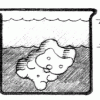
Gummy Growth
Source Institutions
In this activity related to Archimedes' Principle, learners use water displacement to compare the volume of an expanded gummy bear with a gummy bear in its original condition.
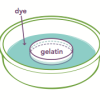
Traveling Nanoparticles Model
Source Institutions
This is an activity (located on page 3 of the PDF under Nanosilver Activity) about diffusion of small molecules across cell membranes.
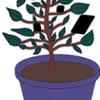
Do Plants Need Sunlight?
Source Institutions
In this activity, learners find out what happens when they cover leaves with pieces of black construction paper. This activity shows learners that plants need sunlight to survive.

Diffusion of Water with Gummy Bears
Source Institutions
In this activity, learners investigate the movement of water into and out of a polymer. Learners test the diffusion of water through gummy bears, which are made of sugar and gelatin (a polymer).
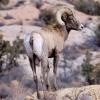
Hike the Habitat: Field Trip in Canyonlands National Park, Utah
Source Institutions
This detailed lesson plan for a field trip to Canyonlands National Park in Utah (page 32 of pdf) teaches students about the habitat of bighorn sheep.
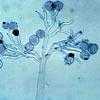
Water Molds (Oomycetes)
Source Institutions
In this laboratory activity, learners use a simple procedure to bait oomycetes from water and/ or soil and then examine these fungus-like organisms with the microscope to see how they look.
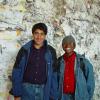
Recycle Your Own Paper!
Source Institutions
In this activity (page 2 of PDF under GPS: Garbology Activity), learners will prepare sheets of homemade recycled paper from several different source pulps.
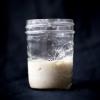
Wild Sourdough
Source Institutions
In this activity, learners explore chemistry and the microbial world by making their own sourdough starter and bread at home using only flour and water.
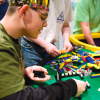
Construction and Destruction
Source Institutions
In this three/four-day lesson, learners calculate perimeters and areas and draw the castle plan to scale.
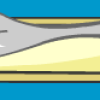
Dinosaur Bone Experiments
Source Institutions
This activity features two connected hands-on activities about dinosaur bones.
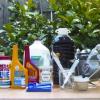
Backyard Biodiesel
Source Institutions
In this activity, learners make a small batch of biodiesel that will work in any diesel engine. Learners use an old juice bottle as a "reactor" vessel to chemically process vegetable oil into fuel.
Hexagon Hunt
Source Institutions
This activity gets learners looking at 6-sided shapes in nature, including the cells of a beehive, as well as other shapes.
